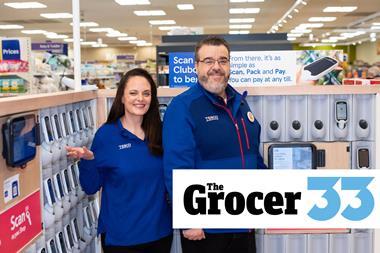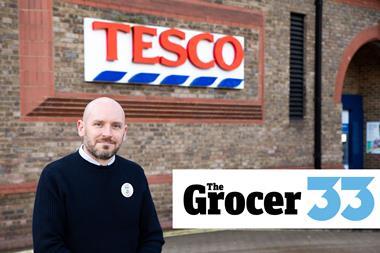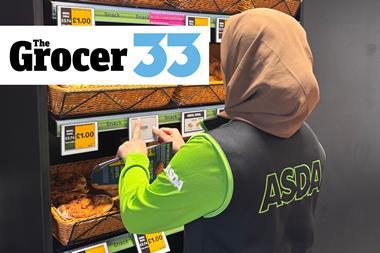The Co-operative Group: ‘truly green’ for 150 years
"A standout winner, The Co-op is green to the core."
That's how the judges described The Co-operative Group as it retained the Green Retailer of the Year title for another year.
As retailers jump on the eco-bandwagon, the judges said the group was the model example of a retailer who was "truly green" and had been for more than 150 years.
It was the breadth and depth of the Co-op's eco-activities that caught the eye of the judges.
During 2010, it invested £11.1m in community and environmental projects. Initiatives included a walking bus for more than 6,000 schoolchildren; the launch of a Habitat Heroes national wildlife scheme to encourage farmers to adapt their land to encourage endangered and protected species; and the continuation of its Plan Bee to reverse the decline of the UK bee population.
During 2010 the society also tightened its pesticide residue-testing process, increasing the number of different residues covered from 175 to 313. Its Pesticide Policy covers more than 400 banned, prohibited and monitored pesticides and it continues to add to the policy each year.
More is yet to come from the society. Throughout 2010, the Co-operative Group developed its Ethical Operating Plan, which includes the toughest operational carbon reduction targets of any major business. The plan was officially rolled out in February.
The winners
"A standout winner, The Co-op is green to the core."
That's how the judges described The Co-operative Group as it retained the Green Retailer of the Year title for another year.
As retailers jump on the eco-bandwagon, the judges said the group was the model example of a retailer who was "truly green" and had been for more than 150 years.
It was the breadth and depth of the Co-op's eco-activities that caught the eye of the judges.
During 2010, it invested £11.1m in community and environmental projects. Initiatives included a walking bus for more than 6,000 schoolchildren; the launch of a Habitat Heroes national wildlife scheme to encourage farmers to adapt their land to encourage endangered and protected species; and the continuation of its Plan Bee to reverse the decline of the UK bee population.
During 2010 the society also tightened its pesticide residue-testing process, increasing the number of different residues covered from 175 to 313. Its Pesticide Policy covers more than 400 banned, prohibited and monitored pesticides and it continues to add to the policy each year.
More is yet to come from the society. Throughout 2010, the Co-operative Group developed its Ethical Operating Plan, which includes the toughest operational carbon reduction targets of any major business. The plan was officially rolled out in February.
The winners



















No comments yet